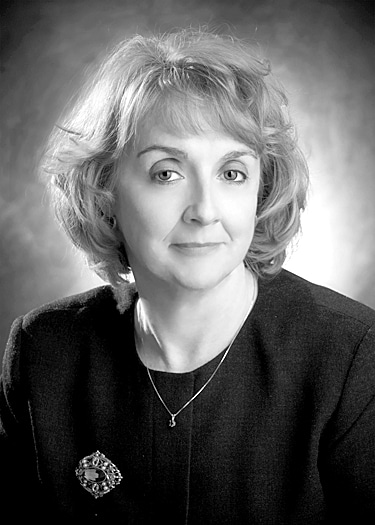
More Cancer Awareness Articles
Lymphedema What Every Woman With Breast Cancer Should Know
Women whohave been treatedfor breast cancer may be at risk for lymphedema, or arm swelling. Many womenwho have had breast cancer will not develop this sideeffect, but many will.
Our bodies have a network oflymph nodes and lymph vessels that carry lymphfluid, similar to the way bloodvessels circulate blood to all parts of thebody. The lymph fluid contains whiteblood cells, which help us fightinfections. During surgery for breast cancer,the doctor usually removes at least oneof the lymph nodes from the underarmarea to see if the cancer has spread.
Some lymph vessels that carry fluid fromthe arm to the rest of the body arealso removed because they are intertwinedwith the nodes. Removing lymph nodes and vesselsfrom the underarm changes the way the lymphfluid flows within that side of the upper body. This makes it more difficultfor fluid in the arm to circulate to other parts of the body. If theremaining lymph vessels cannot remove enough ofthe fluid in the breast and underarmarea, the excess fluid builds up and causesswelling, or lymphedema.
Radiation treatment to the lymph nodes in the underarm can affect the flow of lymphfluid in the arm and breast area in the same way, increasing your risk forlymphedema. Lymphedema usually develops slowly over time. The swelling can range frommild to severe, and it can developsoon after surgery or radiation treatment.It can also develop months or evenyears later.
Women who have many lymphnodes removed and women who have hadradiation therapy to the underarm area mayhave a higher risk of developing lymphedema. Doctors still do not fullyunderstand why some patients are more likely to have problems with fluid build-upthan others. As breast surgery and treatment continue to become moreconservative (that is, as more women aretreated with lumpectomy) and as researchadvances are made with procedures suchas the sentinel lymph node biopsy (a newerprocedure which allows the surgeon toremove only one or two lymph nodes),doctors expect that fewer women will developlymphedema. Although much remains tobe learned about this condition, there areways that you can care for yourarm and breast area to reduce your chances ofhaving future problems. Oncelymphedema has started, it cannot be cured, butearly and careful management canreduce symptoms and keep the condition fromgetting worse.
Other Articles You May Find of Interest...
- Fighting Cancer for All: Why Diversity in Clinical Trials Matters
- Bill Johnson’s Lung Cancer Crusade: Fighting for a Radon-Free Life
- The Revolution of Robotic Surgery In Colorectal Procedures: Smaller Incisions, Faster Recovery
- Ovarian Cancer Prevention
- Wellness Technology From Nature, Light And Frequency
- Cancer: Improving the Odds
- Acupuncture For Side Effects Of Cancer

















